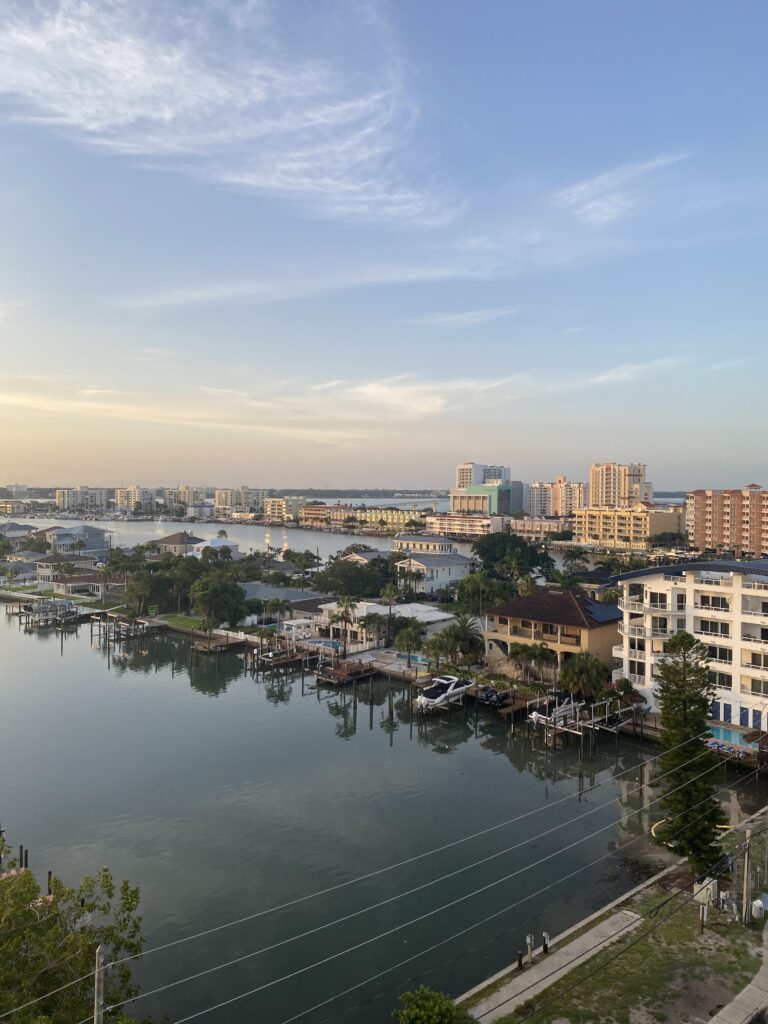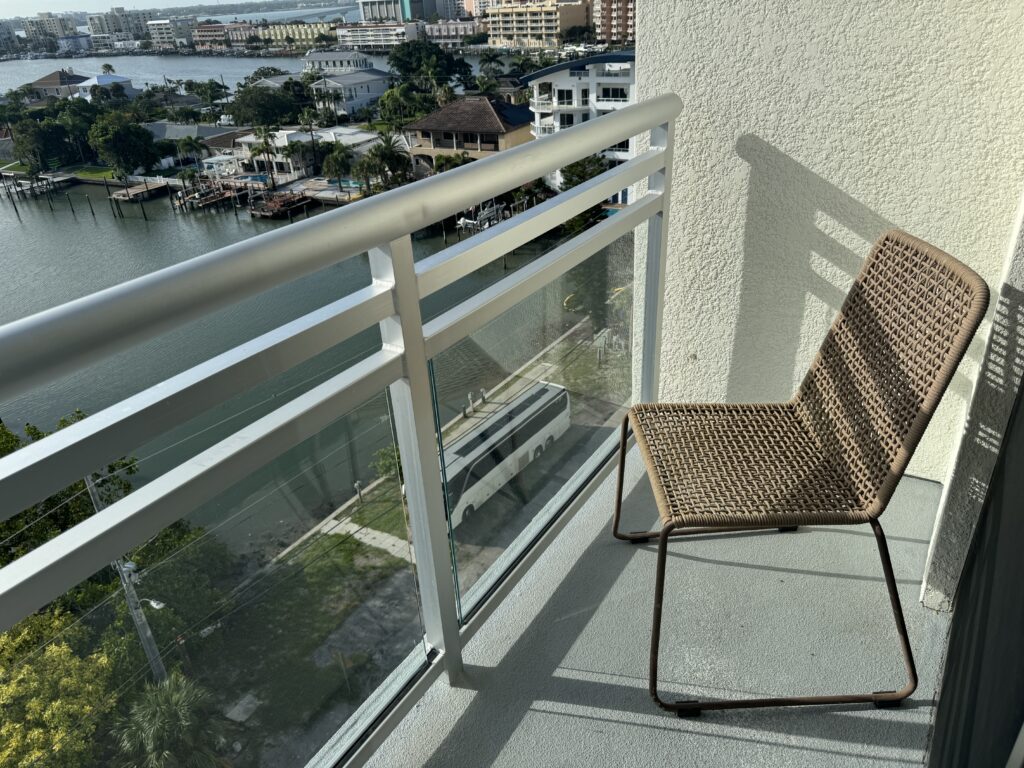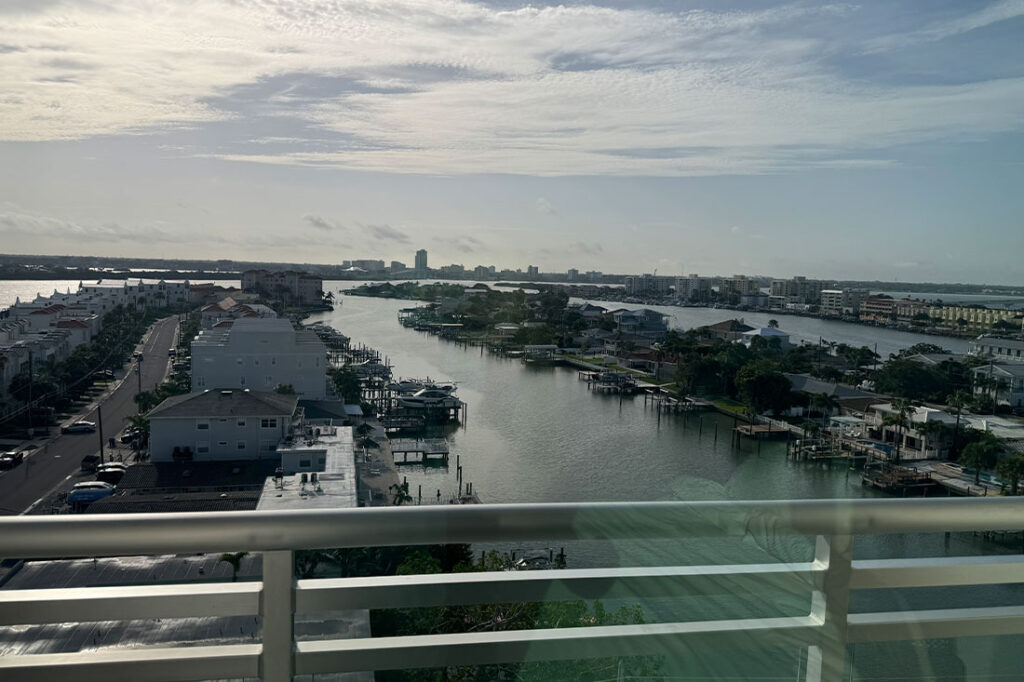I work for myself, so I have the ability to venture off to an undisclosed location on behalf of anyone who has a boss breathing down their neck. And by that, I mean monitoring your every move, trying to get you to clock in and out, and generally overstepping as you navigate hybrid or remote work. Who wants that? Nobody, especially when digital work opens a world of opportunity, from traveling to the local coffee shop for your next meeting to vacationing halfway across the world during a typical workweek.
According to Statista, the United States was home to 15 million digital nomads in 2021. In 2023, 35% of digital nomads were freelancers or gig workers. MBO Partners also reports that in 2023, 36% of American digital nomads planned to spend more time in the U.S. rather than traveling abroad. The survey also found that 14% of digital nomads shared that their employer doesn’t know that they travel while working. Additionally, 18% stated that while their manager or boss has given them permission to work while living nomadically, the company that they work for doesn’t have a policy for this type of lifestyle. All this can result in a gray area as people determine whether they should tell their bosses where they are headed or keep it hush-hush.

The tourism industry is aware of the ambiguity and possible need for discretion that digital nomads face, and they are responding with intentionality. So I headed from my hometown of Cincinnati to Clearwater Beach, Florida, to see just how discreet some brands are making digital nomading. After all, do your clients really need to know that you’re at the beach? If your tan lines give it away, that’s your problem—but the hotel you’re staying at sure won’t disclose your trip.
That’s the premise I headed out to explore at AC Hotel Clearwater Beach, a hotel in the heart of the city where bikini tops are the dress code and a full view of the marina is the norm on most floors.
The “hush” package
When I first heard of a hush package, I thought it might be a kitschy hotel offering without any substance behind it. That was ultimately not the case. AC Hotel Clearwater Beach’s “Hush Trip Haven” package offers digital nomads a protected and productive environment, with amenities to stay focused during the day and relax after work. The package I tested out included the following amenities that AC Hotel Clearwater Beach’s website promised:

- Worker’s welcome packet: After arriving, guests receive a worker’s welcome packet, which includes “a portable charging dock, printing credits, a branded notepad, an eye mask for rest, lavender sachets for relaxation,” and a custom door hanger. The portable charging dock and door hanger were the most useful, the latter of which prevented awkward interruptions during Zoom calls thanks to the note on it that read, “Hush. Working ‘from home.’”
- Dedicated coworking space: Digital nomad guests “have access to a dedicated coworking space in [the] AC Business Center, [which is] equipped with essential amenities” for productivity.
- AC Media Salon: Guests can enjoy “priority access to the AC Media Salon for virtual meetings and technology needs (based on availability).”
- Refreshment concierge: If you ever wished you had a helper who showed up periodically to bring you coffee and water during the mid-afternoon slump, this is your chance.
- Complimentary drink voucher: Free drinks after work while you lounge by the pool or check out the ocean are the best for happy hour.
- Promotional offer: Digital nomads receive “a 10% discount on stays of three or more weekday nights.”

Boosting creativity with a change of scenery
The most exceptional part was a new view and a fresh perspective—staring over the top of my laptop into the Gulf boosted my creativity way more than staring at the same old neighborhood outside my window at home.
“It was clear that a program like the one we designed, combined with our environment, would result in the ideal experience for this market segment,” says Garvey Johnson, director of sales and marketing at AC Hotel Clearwater Beach. He says that the package is geared toward digital nomads in particular but may also benefit remote workers and business travelers.
What is a digital nomad vs. a remote worker on a temporary vacation?
If you arrive beachside at this hotel—or at others with similar concepts—and instead of going home at the end of your stay, you continue your journey to another locale with comparable accommodations, you might find yourself wading into digital nomad territory. Nathan James Thomas, founder and editor of Intrepid Times and author of Untethered: Living the Digital Nomad Life in an Uncertain World, has been a digital nomad for 10 years and currently lives in Poland.
“Tourists arrive, take photos, then leave. Nomads linger and integrate themselves more into the local economy,” he says. “They stay in Airbnbs and private apartments, not hotels. Digital nomads shop for groceries at the local supermarket. They bring their laptops to cafes and stay there for hours.” Local economies are responding both to embrace these trends and to resist the negative impact.
“From Fabrika in Tbilisi, Georgia, to The Bank in Poznan, Poland,” he adds, “purpose-built accommodation[s] designed for mid-term travelers and nomads have cropped up, offering something halfway between a hotel and apartment rental, often with community spaces and regular events. At the same time, Barcelona is banning Airbnb, and studies have reported negative economic impacts associated with the influx of digital nomads to Columbia’s popular Medellin.”
What opportunities can digital nomads look for?
While I stayed at AC Clearwater, I found numerous additional perks of working from a hotel where digital nomading was a norm. For example, bikes were available to use in the parking garage to get around town for short trips. This way, I could avoid the inconvenience of getting my car in and out of valet parking in the hotel parking garage.
Digital nomads can also build relationships with employees and community members in their lodging, with an eye on integrating a bit more than the typical hotel visitor. This was true at AC, where the employees I encountered wanted to have a more thorough conversation and learn more about what I was doing. However, they also took social cues quite seriously when it was obvious I was working.
Thomas offers some other tips and tricks from nomad life. “Accommodations offering discounts for long-term rental is a huge plus,” he says. “One time in Poznan, I found an apartment I liked and wanted to extend for a couple of months after an initial two [or] three day booking. The owner was open to the idea but offered only 5% off their usual day rate. Of course, I declined, and they seemed surprised. Rental providers used to short-term thinking will need to adjust their expectations in exchange for the stability and dependability of long-term residents.”
The ups and downs of the digital nomad lifestyle
Consider yourself warned: You might also get addicted to the digital nomad lifestyle and find sitting in the office from nine-to-five unbearable afterward. “I’ve known digital nomads who have stepped off the road, bought houses and settled down. Some, like Nora Dunn [of] TheProfessionalHobo.com, then subsequently went back on the road,” Thomas adds. “When you’ve experienced the freedom and exhilaration of this life, it can be hard to give up.”
Another option he presents is living “normal sedentary” lives nine to ten months per year and then living nomadically for short periods of time, as some of his friends do. “It gives them a balance of both lifestyles,” he says. However, since some countries require digital nomad visas, be sure to check the necessary boxes before throwing your computer in a carry-on bag and heading on your way.
What will come next in a world of digital nomading?
The hush package is just the beginning. A 2024 study published in the Journal of Destination Marketing & Management of 225 web articles for digital nomad destinations revealed some themes for this trend’s future. Researchers suggested that “to attract this new market, smart destinations need to innovate to develop readiness and competitiveness,” adding that they found that these digital nomad destinations cater not only to work-based needs but also to digital nomads’ “travel, social, financial and basic living needs.” The study also pointed out that these needs are distinctly different from typical short-term leisure tourists’ or business travelers’ needs.
Accommodations for children of digital nomads
Ashley R. Cummings, an avid traveler, digital nomad, worldschooler and freelance writer, runs a digital nomad newsletter called “Life In A Backpack.” It focuses on helping people achieve freedom from the nine-to-five and hustle culture to spend more time creating experiences.
She is seeing how digital nomadism is changing the tourism industry through more niche travel services that cater to different kinds of traveling groups. “It’s a lot easier today to get around than ever before,” she says. “And it’s easier to make money on the go and even enroll kids in school on the go.
“One particular type of emerging niche is small worldschooling services. There are independent groups of people who organize little pods to slow travel while worldschooling. There are also organizations like Deliberate Detour that set up community and cultural activities and provide schooling while families travel.”
I found through traveling with my own children that digital nomad sites might also need to look into the possibility of on-site child care or camp-style sessions to further attract working travelers with families.
Thomas concludes that “there have never been more options open to digital nomads, and with companies adapting to provide longer term accommodation options and digital nomad visas on the rise, the momentum seems to be on the side of the nomad.”
Photo courtesy of Alex Frost



